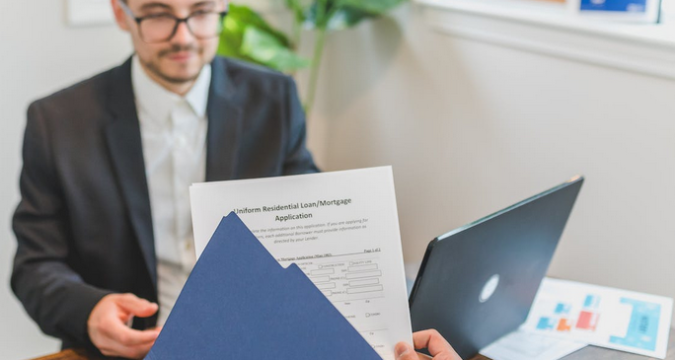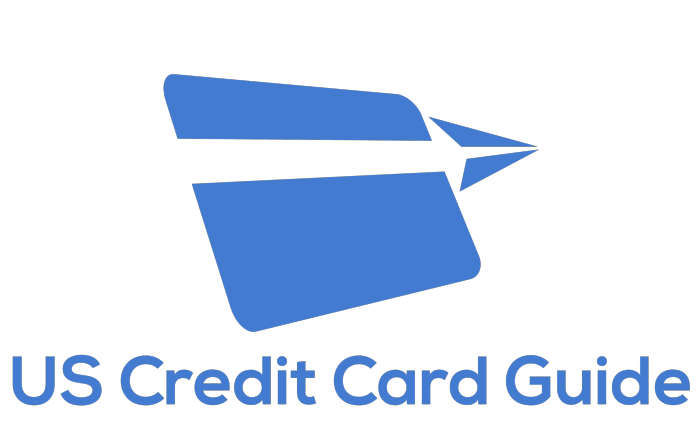
When you’re looking to borrow money, it can be a nerve-wracking experience. Despite your best efforts, sometimes loan applications get declined, and you don’t know what happened. The key is understanding why loan applications are declined so that when you apply for a loan, you can do everything possible to ensure your application goes through successfully. Here we’ll explore some of the top reasons people get turned down for loans and how proper preparation can help reduce those risks. With systematic analysis and preparedness, you’ll be well-positioned to secure funding from lenders.
Bad Credit
One reason people get rejected when they apply for a loan is that they have bad credit. If you have a history of not paying bills on time or if your credit score isn’t high enough, lenders may be hesitant to lend you money. To prevent this from happening, make sure to pay all of your bills on time and always monitor your credit score. If your credit is not in good shape, we recommend applying for unsecured loans for bad credit. This type of loan is designed for people with lower credit scores, and you can use it to help rebuild your credit score. Many people have found success with this type of loan, so it’s worth exploring if your credit score is an issue.
Inaccurate Information
 Another reason why loan applications get declined is that there’s inaccurate information on the application form. Before you submit a loan application, make sure you double-check all the details are correct. This includes your address, name, income, and any other information the lender asks for. Even small mistakes can lead to a loan application being rejected. Some companies and lenders are very strict when it comes to providing accurate information, and you must take your time and make sure everything is right before submitting. Avoid rushing when you’re filling out the form, and be sure to double-check everything before submitting.
Another reason why loan applications get declined is that there’s inaccurate information on the application form. Before you submit a loan application, make sure you double-check all the details are correct. This includes your address, name, income, and any other information the lender asks for. Even small mistakes can lead to a loan application being rejected. Some companies and lenders are very strict when it comes to providing accurate information, and you must take your time and make sure everything is right before submitting. Avoid rushing when you’re filling out the form, and be sure to double-check everything before submitting.
Insufficient Income
The last reason people get declined for loans is that they don’t have sufficient income to repay the loan. This can happen if you’re unemployed, underemployed, or have a low income. Before applying for a loan, make sure you have enough money each month to cover the loan repayment amount. You can also consider getting a cosigner to help you secure the loan. A cosigner agrees to take on responsibility for your loan repayment if you cannot pay it yourself. If you don’t think you can get approved for a loan alone, this may be an option worth exploring.

By understanding why people get declined for loans, you can better prepare yourself when applying. Make sure that your credit is in good shape, double-check the information on your loan application, and ensure that you have enough income to repay each month. With proper preparation and understanding of what lenders are looking for, you can increase the chances of getting approved for the loan you need. We hope that you find this blog post helpful.




